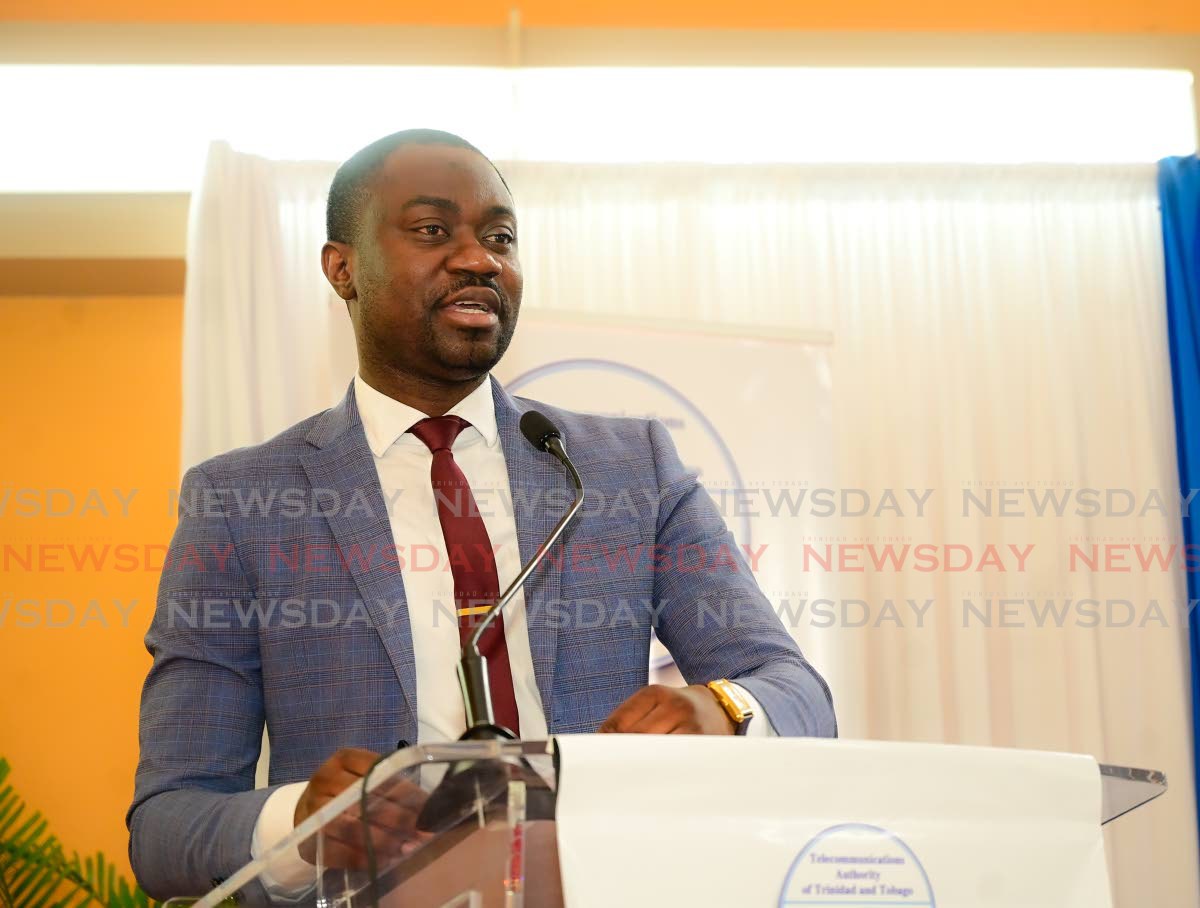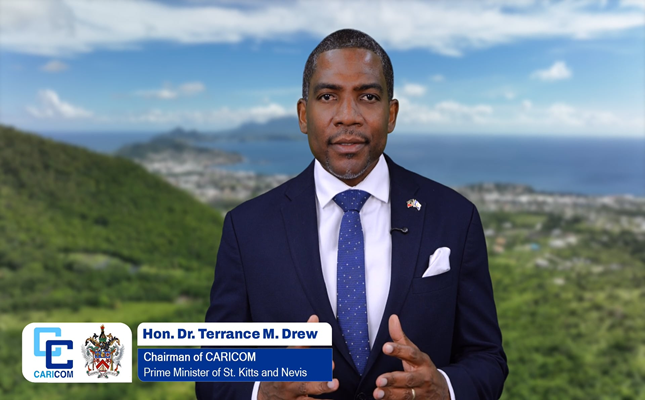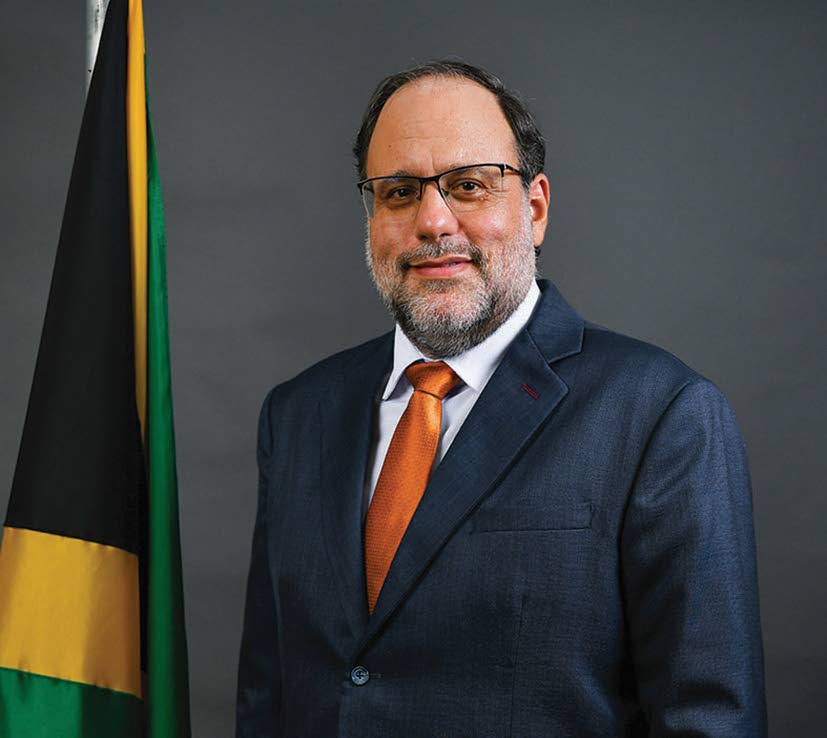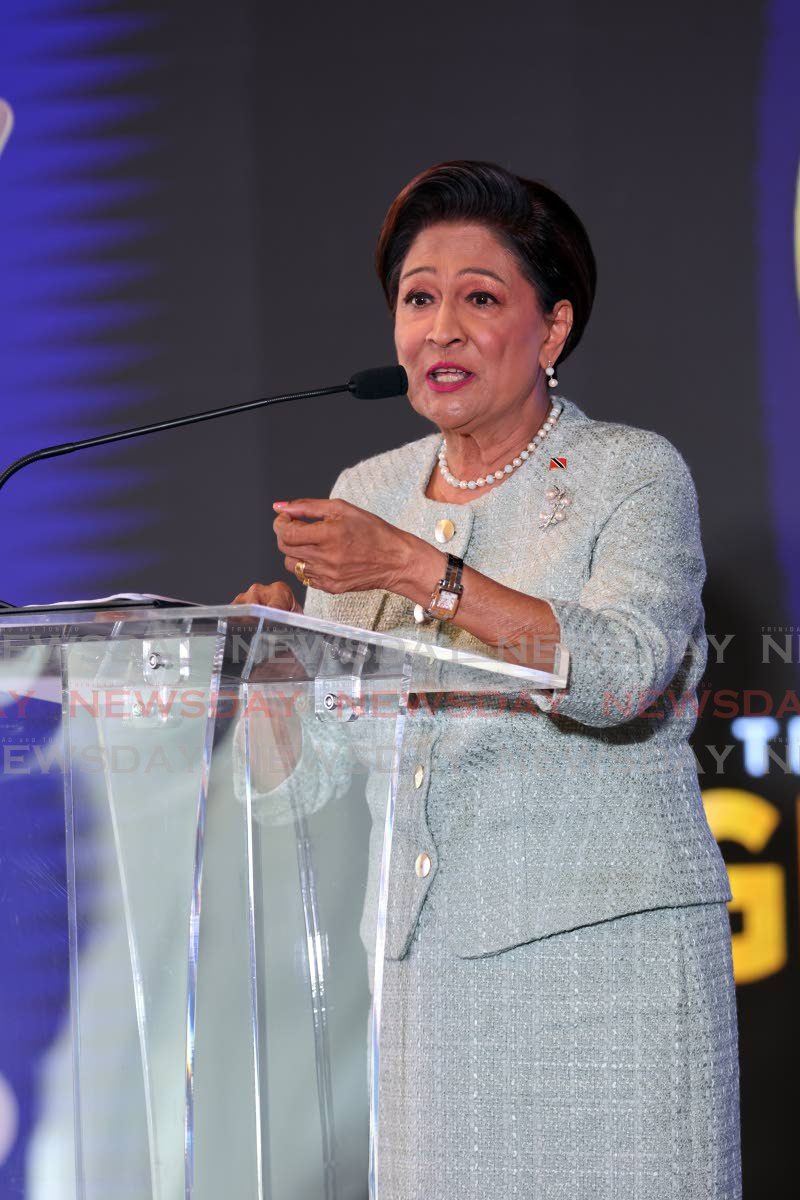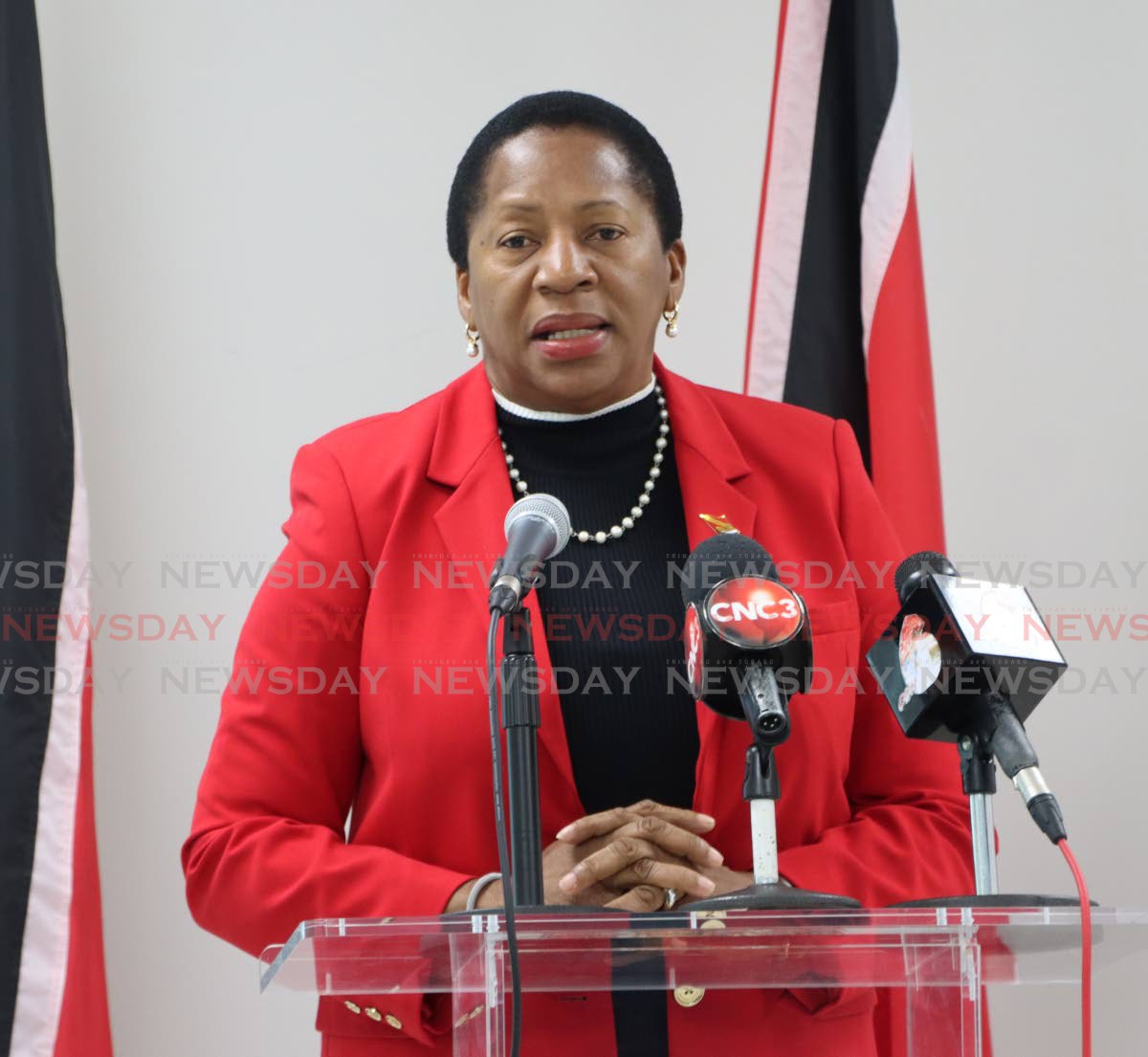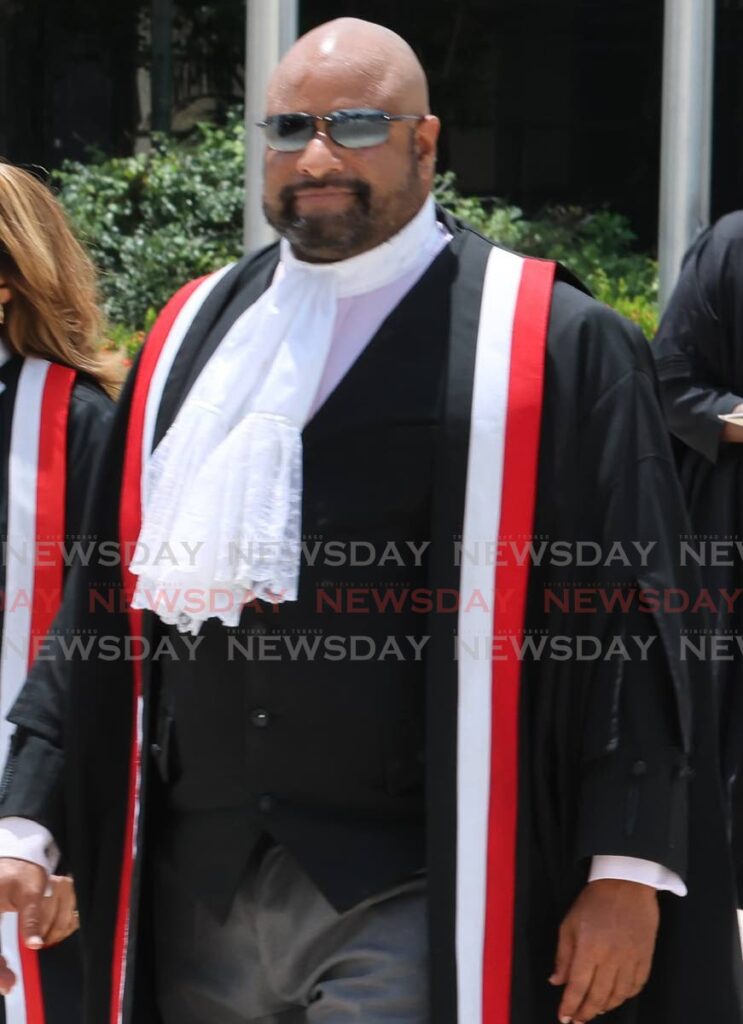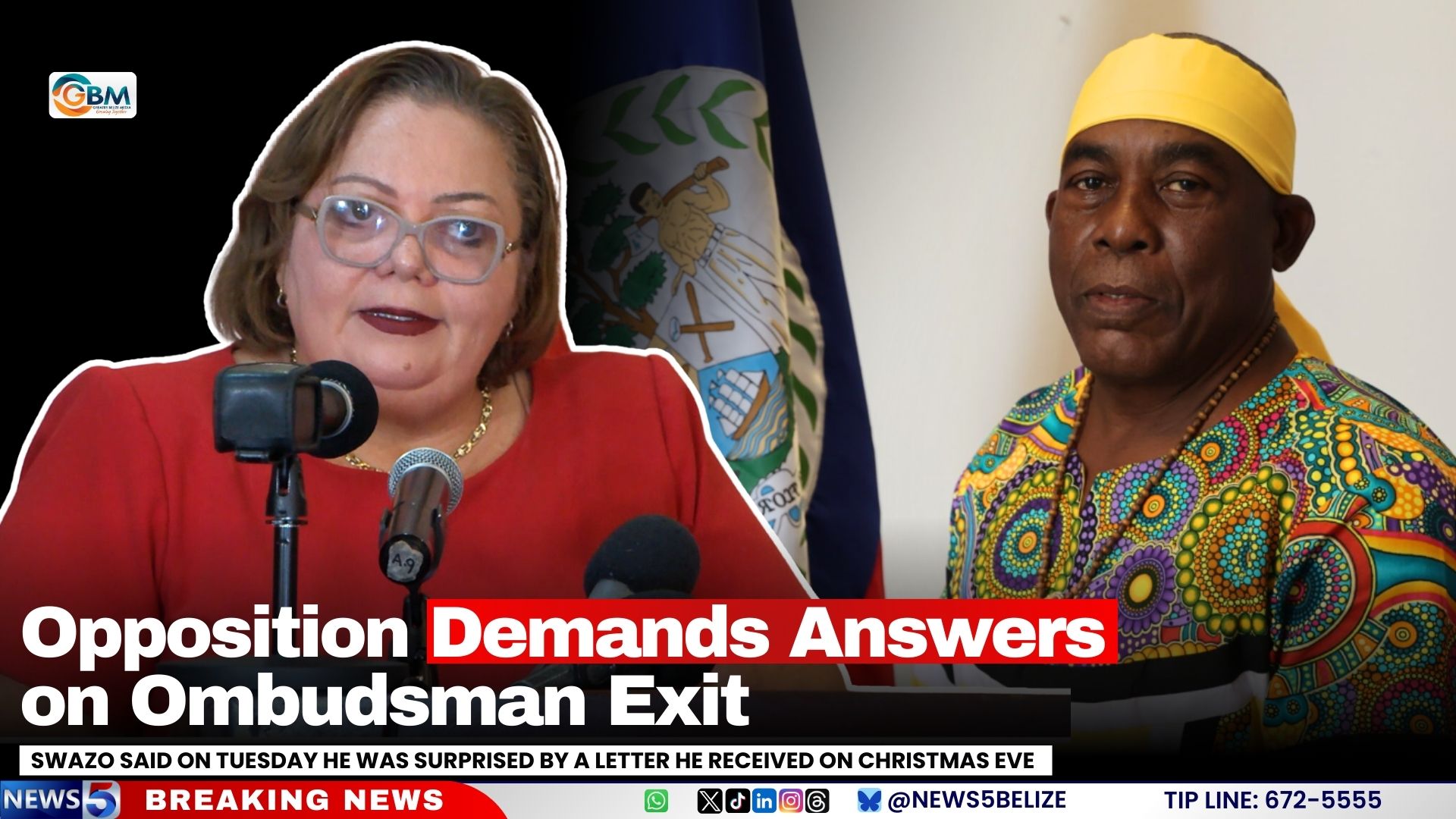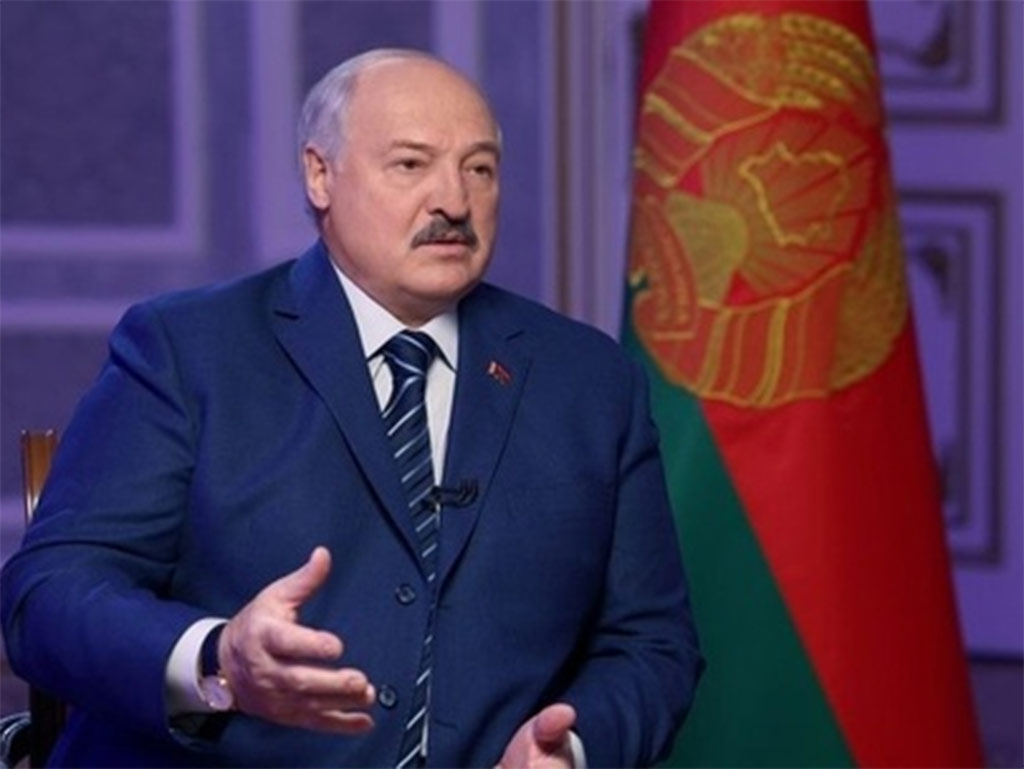The upcoming Tobago House of Assembly (THA) election on January 12, 2026, is poised to serve as a crucial political barometer for Trinidad and Tobago’s transformed political environment. This electoral contest will not only gauge support for Farley Augustine’s emerging Tobago People’s Party (TPP) but also indirectly reflect on Kamla Persad-Bissessar’s United National Congress (UNC) and Penny Beckles’ People’s National Movement (PNM).
Watson Duke’s December 8 endorsement of the TPP, while politically predictable, raises questions about his current influence. His advocacy for tactical voting to eliminate PNM from Tobago governance echoes broader political strategies gaining traction. Duke asserts that consecutive defeats of PNM—first by the PDP in December 2021 and potentially by the TPP in the upcoming election—would confirm the party’s diminished prospects in Tobago.
The political rhetoric surrounding ‘Tobago’s interests first’ mirrors the UNC’s ‘Trinidad first’ positioning, which itself reflects the populist nationalism reminiscent of Donald Trump’s ‘America first’ approach. This occurs amid Trinidad and Tobago’s shifting international alignments toward Trump-leaning Latin American nations rather than traditional Caricom partnerships.
Major political parties demonstrate concerning positions regarding international affairs. The UNC maintains silence on Trump-related matters, the TPP claims ignorance of US political developments, and the PNM operates as if the public has forgotten their decade-long governance.
The evolving political landscape will face multiple tests throughout 2026. Crime prevention strategies will undergo scrutiny as emergency measures expire and new legislation takes effect. The UNC’s management of Carnival events will reveal administrative capabilities, while mid-year fiscal reviews will test economic management against a five-year development plan potentially influenced by foreign policy decisions.
Foreign policy orientations and climate crisis responses will increasingly define the nation’s trajectory. While 2025 represented a historic political shift, 2026 may prove even more consequential in determining Trinidad and Tobago’s future direction within this reconfigured political order.
